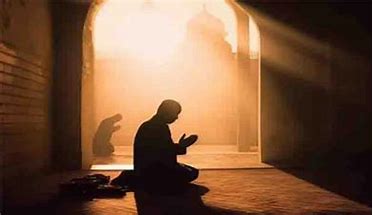The Quran consists of more than six thousand verses, the longest of which is verse 282 in chapter 2. This verse concerns debt, and the necessity to put it down in writing, and it also gives commands in this regard in great detail.
The case of maarifah is treated quite differently, in that the Quran mentions maarifah but does not give any details of it. The root word of maarifah is ‘arafa’. Nearly seventy derivatives of maarifah appear in the Quran but details of it are not mentioned anywhere. For example, this verse of the Quran, “When they listen to what has been sent down to the Messenger, you see their eyes overflowing with tears, because the truth they recognize,” (5:83) shows only that a group of people
By comparing the above two verses of the Quran, a significant fact comes to light: God-realization is not some juristic issue which can be described in a specific language. God-realization is something that is achieved on the basis of self-discovery. This shall either be a self-discovered reality, or not be a discovery at all. For maarifah, God has chosen the same method for its seeker, as is called the discovery method in the field of education.
The truth is that maarifah is discovered by one through his own thinking and contemplation. In other words, maarifah is a creative subject rather than a traditional (taqlidi) subject. To achieve God-realization, a creative mind is required. Maarifah or God-realization is achieved after a long intellectual struggle. It is self-discovery. Maarifah is not attained through any set, specific course, which one may learn from another human being through taqlid, or the traditional way.

